South East Water hosepipe ban: Dos and don'ts
- Published
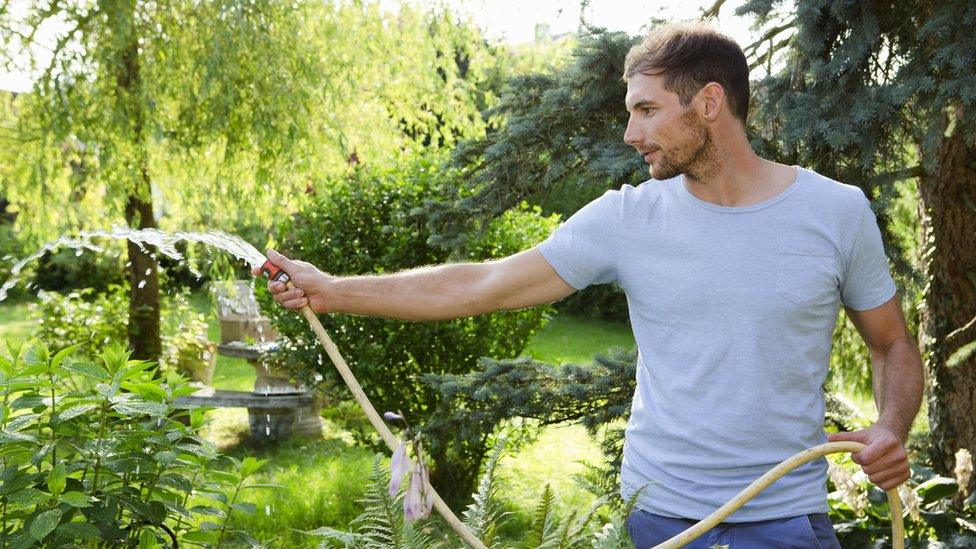
South East Water said demand for drinking water in Kent and Sussex has reached record levels in June
A hosepipe and sprinkler ban for people in Kent and Sussex can now be enforced with fines of up to £1,000.
South East Water said it had no choice after demand for drinking water had reached "record levels" in June, similar to last year's drought.
It had imposed a Temporary Usage Ban on 16 June, but the restrictions are now enforceable.
The use of hosepipes to water gardens, clean cars, patios and boats and fill swimming pools is not allowed.
South East Water said the ban affects everyone in Kent and Sussex who are supplied by the company.
It also includes business customers who may be billed for their water by another company.
What are the rules?
South East Water defines a hosepipe as "anything designed, adapted or used to serve the same purpose as a hosepipe. This means garden sprinklers and most irrigation systems connected to the mains water supply are all considered to be hosepipes, together with anything attached to them like pressure washers".
There are exemptions to the new hosepipe ban, which can be found on South East Water's website, external.

What can I do in my house and garden?
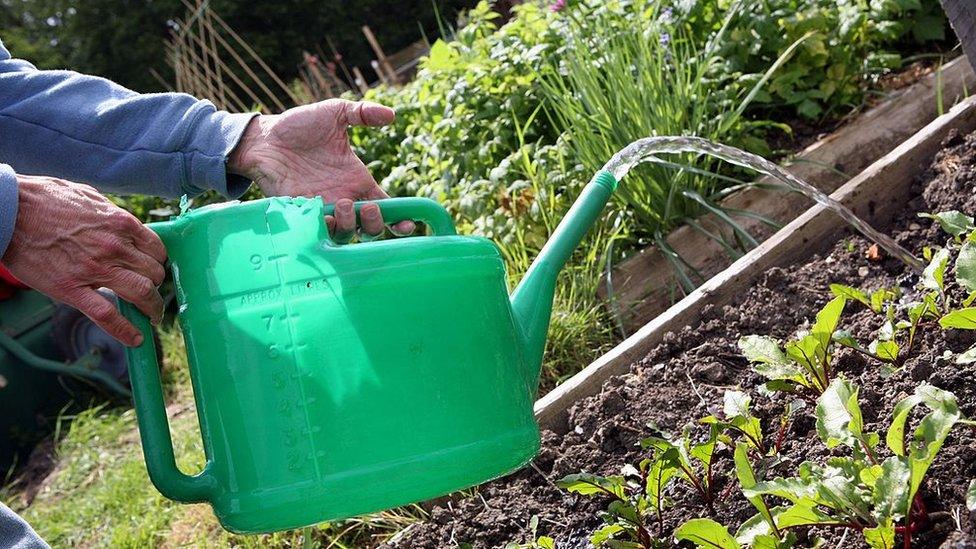
Time to find that old watering can
South East Water defines a garden as "a private or public garden, a lawn, a park, a grass verge, an area of grass used for sport or recreation, an allotment used for non-commercial purposes, and any other green space".
It does not include agricultural land or land used for growing crops, fruit, or vegetables, the company says.
The main rule is that you cannot use a hosepipe connected to mains water to water your plants, or your lawn. You will need to use a watering can or bucket instead.
The ban also applies to sprinklers, but if you have got a drip-fed irrigation system that is OK to use.
If you have a pool, then you cannot fill that with a hosepipe, unless it's being filled as part of its construction. You also cannot fill a paddling pool either. Hot tubs may also not be filled, which was not the case last year.
You are not allowed to use a hosepipe to clean paths or patios, or other artificial outdoor surfaces.
An exception is if you have a pond with fish in it - you are allowed to use a hosepipe to top it up if it is unavoidable and for the welfare of the fish.
If the pool is within places of worship or community pools and when it are used as part of a religious ceremony, it may be filled using a hosepipe. The same goes for water fountains used for religious purposes.
New lawns, as long the turf was laid before the ban came into force, can only be watered using a hosepipe for the first 28 days, and then not between 08;00 and 10:00 and 17:00 and 21:00.
Trees, saplings and hedging planted before the ban can also be watered with a hosepipe if this cannot be done "reasonably" with a watering can.
Plants either in the ground, or in pots, don't count as a garden as long as they are under cover - such as in a greenhouse, outbuilding or a permanent canopy.
If you're growing food crops in your garden or allotment, they can be watered using a hosepipe, again "if this cannot be reasonably" watered with a watering can.
Hosepipes may not be used to clean windows, although professional window cleaners can use one if it is done as a service to customers in the course of a business, or to clean public service or goods vehicles.

What about my vehicles?
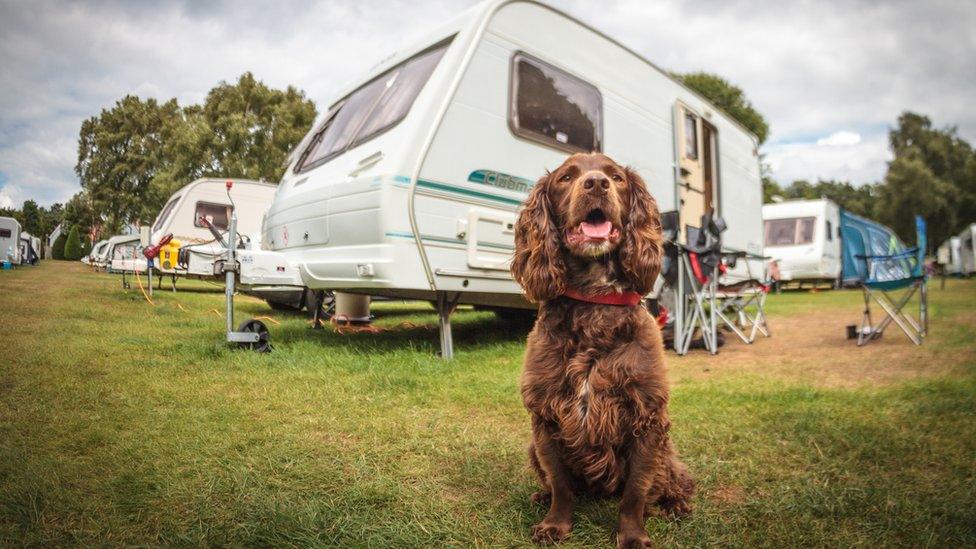
You can use a hose to fill up the water tank in your caravan
A hosepipe cannot be used to wash your car, unless it's connected to a rainwater or grey water source (for example, bathwater, or water collected in a water butt).
You are also not allowed to use a jet washer.
Hand car wash businesses can continue to operate. Customers visiting the premises to wash their own cars will be covered by the hosepipe ban.
If you are a taxi or mini-cab driver, your vehicle is regarded as commercial, and so you're not included in the ban.
If you are heading away on holiday in a motorhome or with a caravan you can use a hosepipe to fill the water tank, as long as the water is then used for drinking, cooking or washing.
For those who live on the water, a hosepipe can be used to clean a boat, if it is your primary residence, or where fouling is causing increased fuel consumption, or where engines are designed to be cleaned with a hosepipe.

Some things you may not have thought of
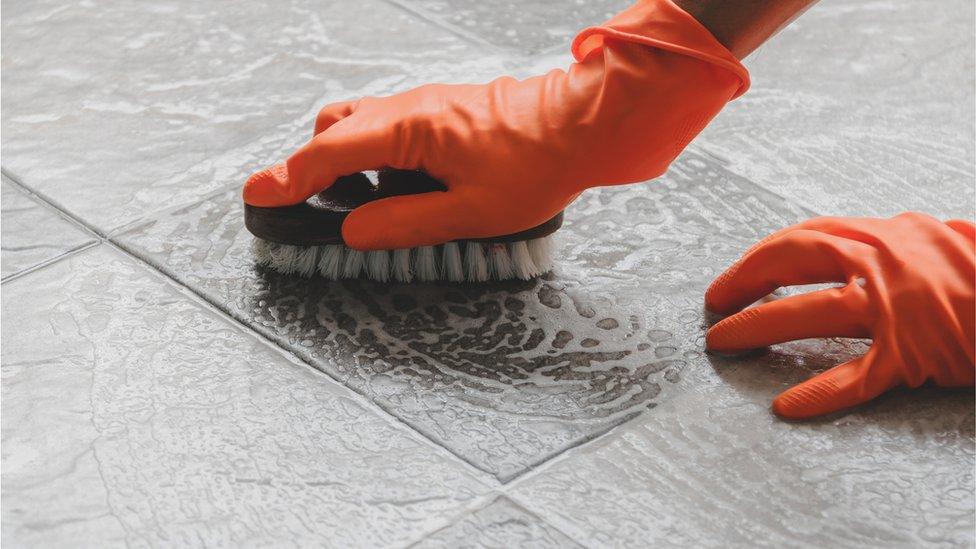
No more using the jet wash on the patio, for a while at least
Washing a pet, or livestock, is allowed, but customers are asked to use water sparingly.
You can also use a hosepipe to clean out your wheelie bin, and washing carpets is also allowed, although South East Water would rather you wait until cooler weather if possible.
You can only use a hosepipe to clean out your gutters for health and safety reasons. The same rules apply if you're cleaning your patio or decking or pathways at home. Business customers who clean paths, patios or other artificial outdoor surfaces as part of a service are exempt from these restrictions.
Exemptions
You can only use a hosepipe when:
It is required for unavoidable health and safety reasons, such as removing or minimising any risk to human or animal health or safety or preventing or controlling the spread of causative agents or disease.
The welfare and/or health and safety of animals (including fish) would otherwise be affected.
It is not connected to mains water, such as using a water butt or other recycled water system.
The rules also don't apply if you use a hosepipe from a private borehole, artificial lake or a well.
Washing and watering livestock or pets.
If you are disabled and are on South East Water's Priority Service Register you can use a hosepipe to water your plants in your garden and in your allotment.

Follow BBC South East on Facebook, external, on Twitter, external, and on Instagram, external. Send your story ideas to southeasttoday@bbc.co.uk, external.
Related topics
- Published19 June 2023
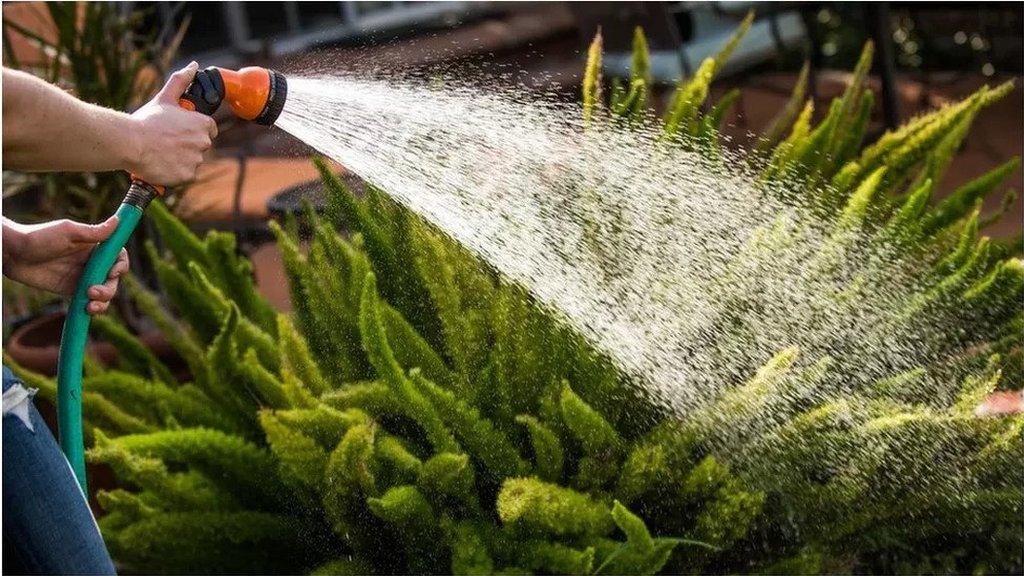
- Published13 June 2023
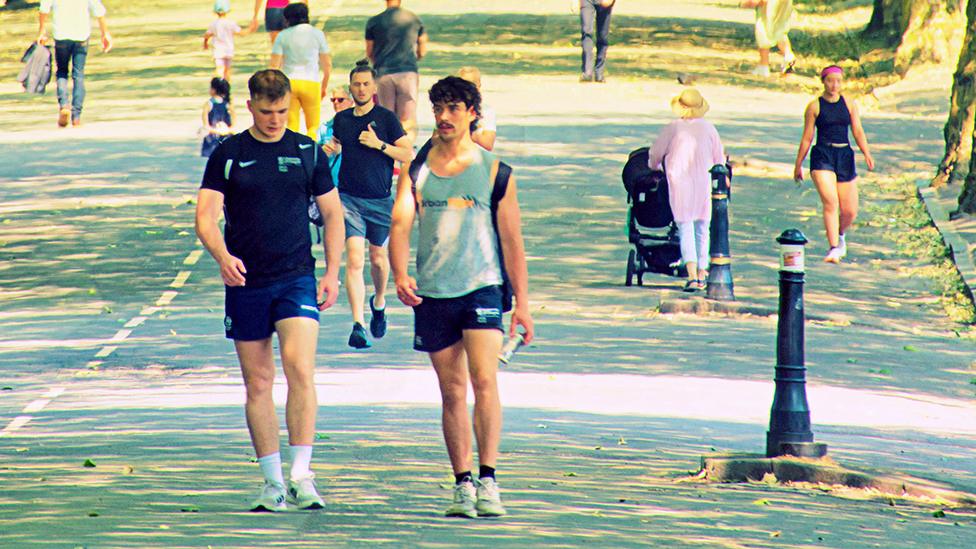
- Published15 June 2023
- Published14 June 2023